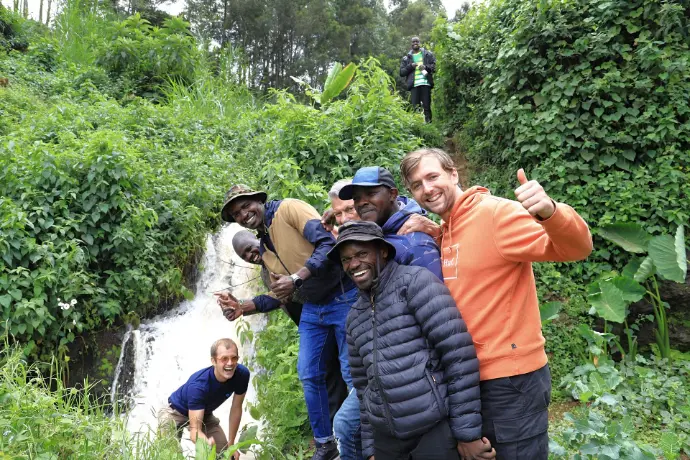
We believe in the power of youth-led initiatives to shape a sustainable future. Through environmental conservation, climate action, and the promotion of a circular economy, we inspire communities to take meaningful steps toward protecting nature and creating long-lasting solutions to societal and environmental challenges.
Our aim is to sensitize and empower communities with knowledge, skills, and tools to take efficient and sustainable action toward environmental conservation, climate resilience, and the adoption of circular economy practices.
Mathare River Future Design Basecamp
Our key initiatives
Recycle 4 Water
This initiative aims at ensuring the communities live harmoniously with nature and access clean and safe water. The programs aims to improve sanitation and hygiene. We achieve this through:
- Trainings, awareness creation and community sensitization on the need for a cleaner environment and conserving our water resource.
- Setting up community water points and waste collection stations in the community promoting circular economy
- Partnering with the relevant stakeholders to ensure success of the project.
- We shall carry out tree growing actions across the regions through our tree nurseries in institutions, community green parks and public spaces, along the Nairobi Rivers, etc.
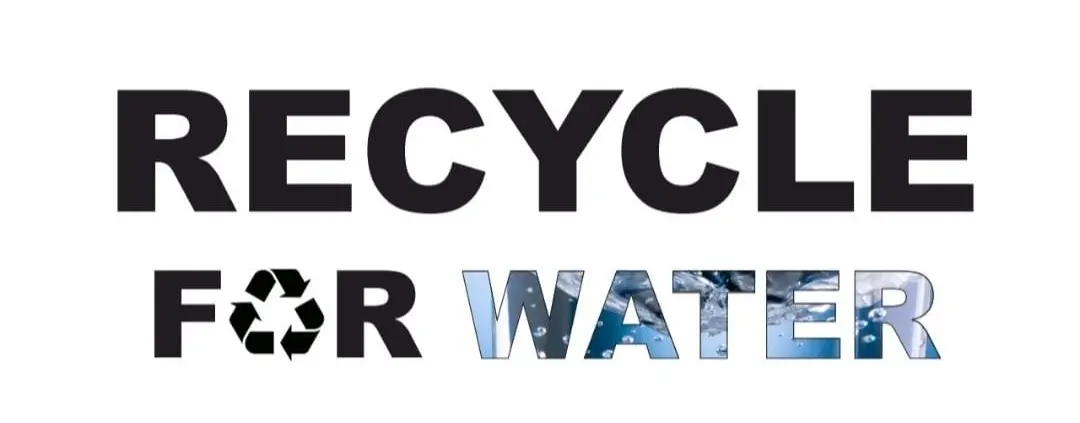
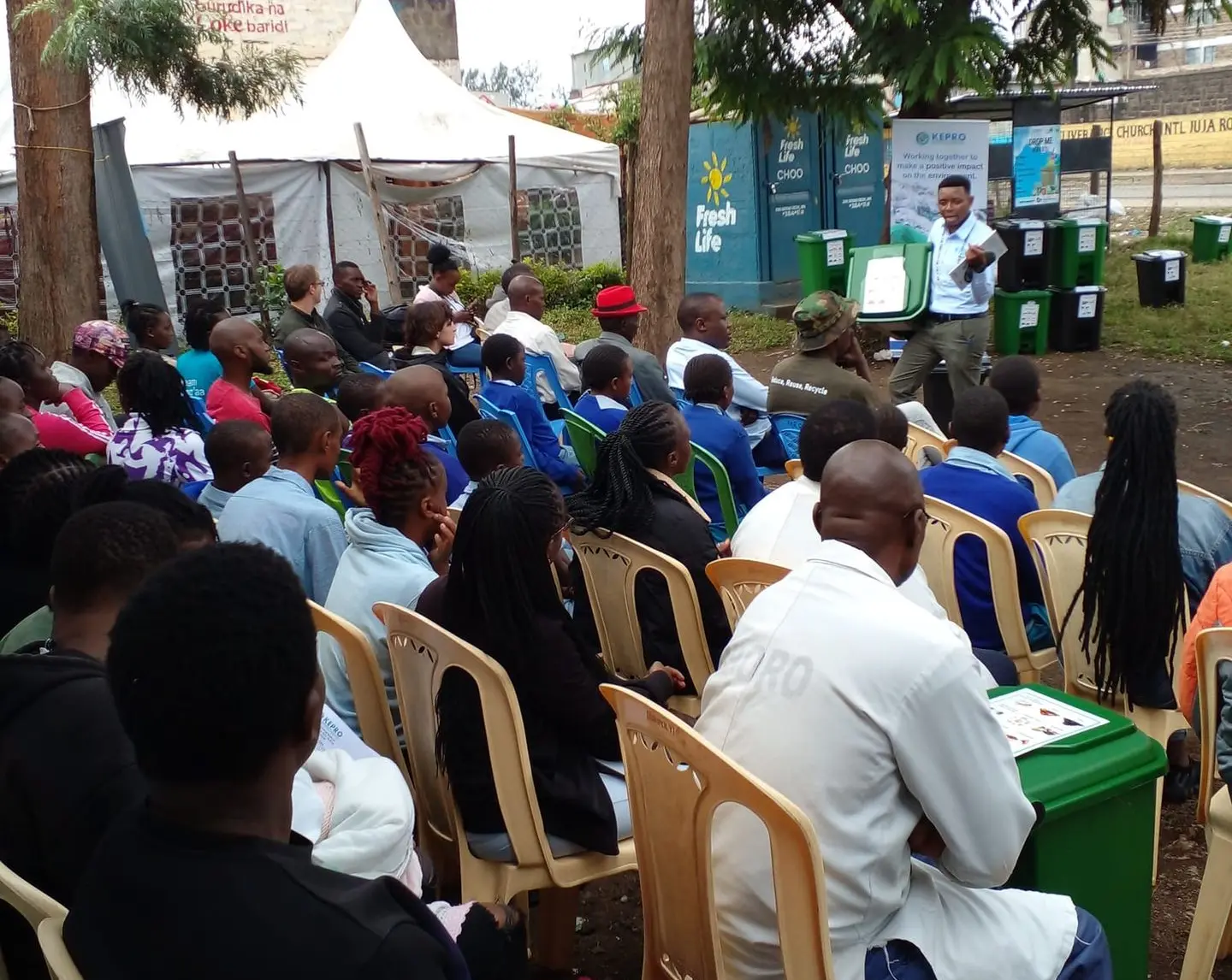
Circular Economy in institutions
Circular economy in schools and institutions focuses on teaching and practicing sustainable, waste-minimizing methods in daily operations and curricula. Instead of a traditional linear "take, make, dispose" model, circular economy principles encourage reusing, repairing, recycling, and upcycling resources. Schools can adopt these practices through activities like recycling programs, composting food waste, and promoting repair and reuse of materials like school supplies. They also integrate circular economy concepts into lessons on sustainability, empowering students to consider environmental impacts and resource efficiency in their future careers and personal lives. By embracing circular economy models, educational institutions not only reduce waste but also play a vital role in fostering eco-conscious future generations.
Why Circular Economy?
A circular economy is key to reducing waste and protecting resources for future generations. By rethinking how we design, produce, and use products, we aim to minimize environmental impacts while maximizing economic and social benefits.
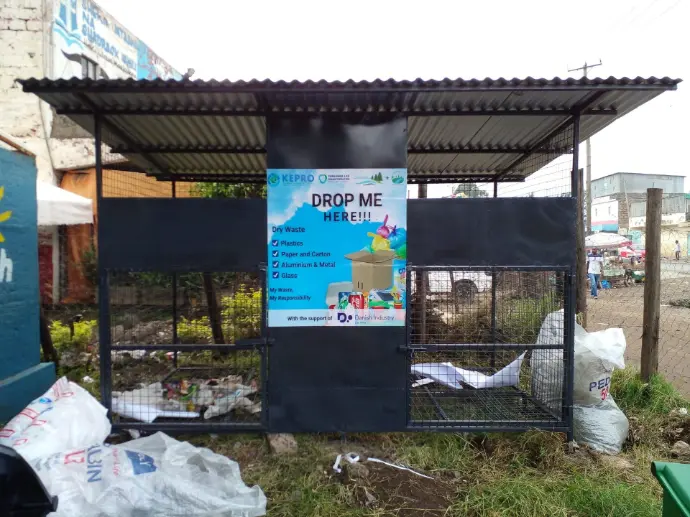
We promote circular economy principles by:
- Encouraging waste segregation and recycling.
- Supporting recycling, upcycling projects and creative reuse of materials.
- Training communities, schools and institutions on sustainable production and consumption models.
Football for Plastic League
The Football for Plastic League was launched with the goal of combining the love of football with environmental conservation. This one-of-a-kind program encourages the youth and local communities to exchange plastic waste for participation in exciting football matches. It’s a win-win approach: fostering environmental stewardship while promoting active, healthy lifestyles.


How It Works
- Collect Plastic Waste: Community members and players collect and bring plastic waste from their homes, schools, and neighborhoods.
- Exchange for Participation: The collected waste serves as the "entry fee" for the league’s matches and events.
- Play Football: Teams compete in thrilling matches under the banner of environmental advocacy and teamwork.
- Plastic Recycling: All collected plastic waste is sorted, recycled, or disposed of responsibly, contributing to a cleaner Mathare River and environment.
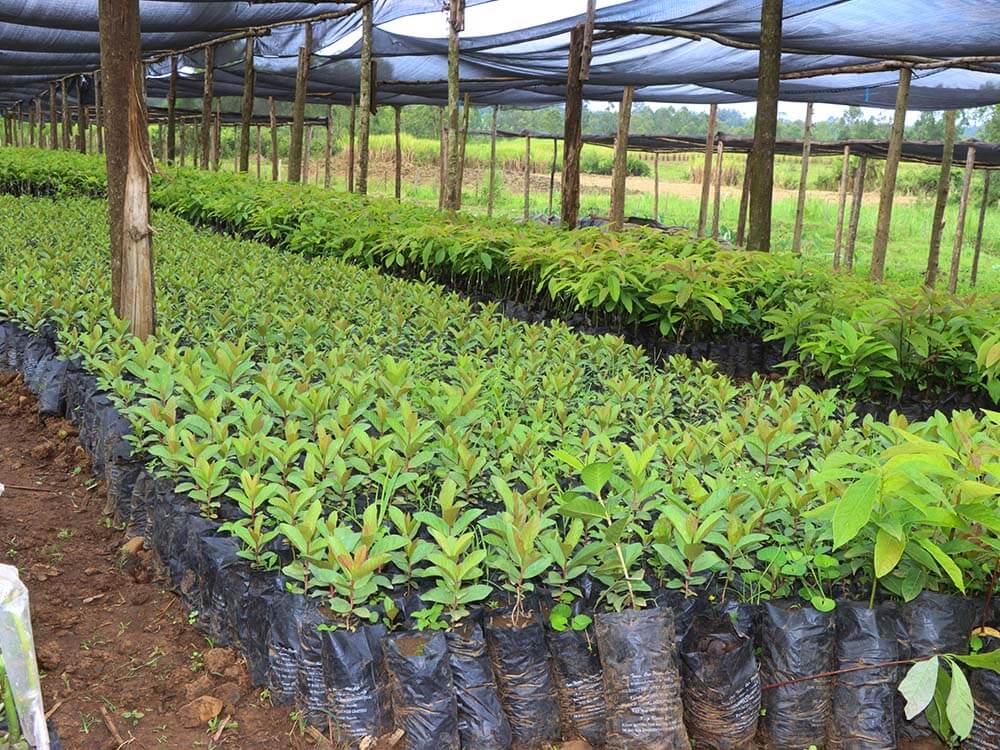
Fruit trees nursery
Our fruit tree nursery initiative focuses on growing and distributing high-quality seedlings to communities, schools, and organizations. By planting fruit trees, we aim to address issues such as food insecurity, environmental degradation, and climate change while creating income-generating opportunities for the youth.
Our Goals
- Combat Deforestation: Promote tree planting to restore degraded land and enhance biodiversity along the Mathare River and beyond.
- Improve Food Security: Provide communities with access to fresh, nutritious fruits from locally grown trees.
- Empower Communities: Offer training on nursery management and tree planting, equipping individuals with lifelong skills.
- Generate Income: Support youth and local groups in establishing sustainable businesses through fruit tree sales.
Benefits of Fruit Tree Planting
- Environmental: Trees absorb carbon dioxide, improve air quality, prevent soil erosion, and enhance water retention.
- Nutritional: Communities gain access to a sustainable source of fresh fruits rich in essential vitamins and minerals.
- Economic: Fruit trees provide long-term income opportunities through the sale of fruits and seedlings.
- Aesthetic: Green spaces improve the beauty of neighborhoods and boost mental well-being.
